Elephants Without Tusks
I have worked with forest elephants for 15 years and have never seen a tuskless forest elephant. Kock highlighted one other peculiarity from his research on the effects of poaching on forest elephants.
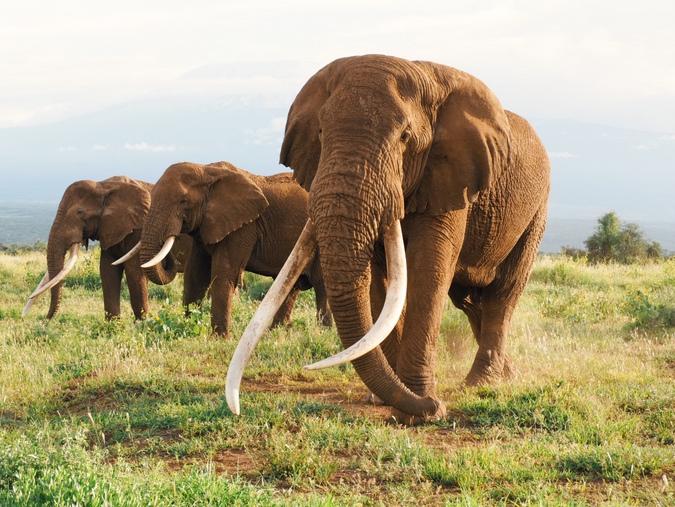 Large Tusked Elephants Are In Decline Need To Be Protected From Trophy Hunting And Poaching Says Researcher Africa Geographic
Large Tusked Elephants Are In Decline Need To Be Protected From Trophy Hunting And Poaching Says Researcher Africa Geographic
But those numbers dwindled to triple digits following the civil war.

Elephants without tusks. Where poaching occurs elephants without tusks are more likely to survive than those with tusks. Even from a distance it was easy to tell they were females. Their lack of tusks has allowed them to fare better than African elephants poached at alarming rates for the global ivory market.
Savanna-dwelling elephants are the mammals most of us think of when we picture elephants with their hulking bodies and massive curvaceous tusks. In Addo Elephant National Park in South Africa poaching pressure has resulted in an astounding 98 per cent of the 174 female elephants being born without tusks. Tusks are elongated continuously growing front teeth that protrude well beyond the mouth of certain mammal species.
Over the past 50 years their population has. It seems that the over-poaching of elephants has taken an even more serious toll on the African elephant populati. African elephants are being born without tusks because of poaching The species could become extinct in some areas with those elephants that do survive evolving to be almost completely tuskless.
Because poachers have systematically targeted elephants with the largest tusks they have been removing the big-tusk. Researchers add that elephants without tusks cannot dig for water or scrape bark for food forcing them to travel greater distances to survive. Elephants are beating the ivory poachers but at a high price An increasing number of elephants have no tusks according to a survey.
African Elephants Are Being Born Without Tusks and Its Our Fault - One Green Planet In Addo Elephant National Park in South Africa as many as. Thanks to intensive poaching African elephants are being born without tusks. In populations that have had very heavy levels of poaching the proportion of tuskless elephants can increase quite dramatically particularly among the older age classes because they carry the heaviest most desirable ivory.
In times of drought elephants dig water holes in dry riverbeds by using their tusks feet and trunks. New as yet unpublished research shes compiled indicates that of the 200 known adult females 51 percent of those that survived the waranimals 25 years or olderare tuskless. And 32 percent of the female elephants born since the war are tuskless.
In 1930 the figure for both male and female elephants. Elephants are starting to lose their tusks. In South Africas Addo Elephant National Park they are almost always the ones without tusks.
Elephants use their tusks for lifting gathering food and stripping bark to eat from trees. Typically 2 to 6 percent of elephants are born without tusks almost all female. Alas its not that simple an elephant without tusks is a crippled elephant.
Research at the Queen Elizabeth National Park Uganda showed that 15 of female elephants and 9 of males in the park were born without tusks. Under poaching pressure elephants are evolving to lose their tusks In Mozambique researchers are racing to understand the genetics of elephants born without tusksand the consequences of the. Research at the Queen Elizabeth National Park Uganda showed that 15 of female elephants were born without tusks.
But in Mozambiques Gorongosa National Park biologist Joyce Poole an elephant ethologist co-director of ElephantVoices and former AWF researcher has found that tusklessness is. Not having tusks for an elephant is like not having arms for humans. They are most commonly canine teeth as with pigs hippos and walruses or in the case of elephants elongated incisorsIn most tusked species both the males and the females have tusks although the males are larger.
And one heavily hunted area in. Most mammals with tusks have a pair of them growing out from.
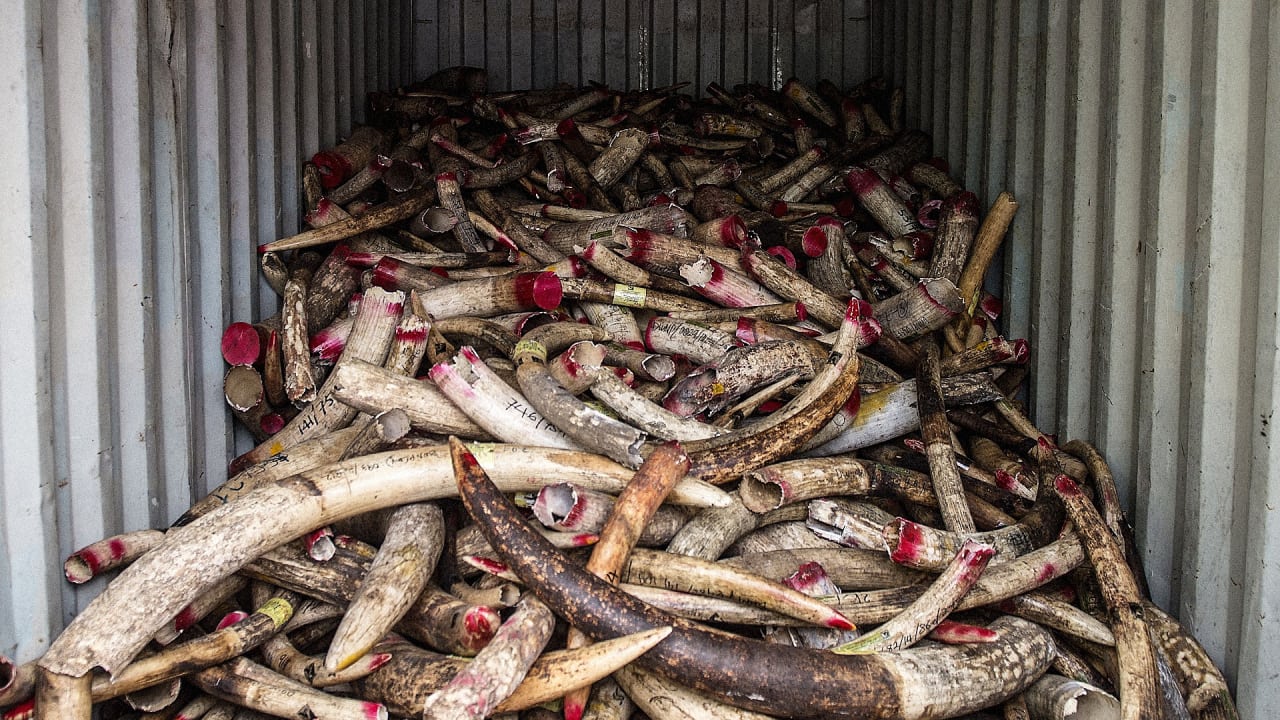 The Reason Most African Elephants Are Now Born Without Tusks Is So Dep
The Reason Most African Elephants Are Now Born Without Tusks Is So Dep
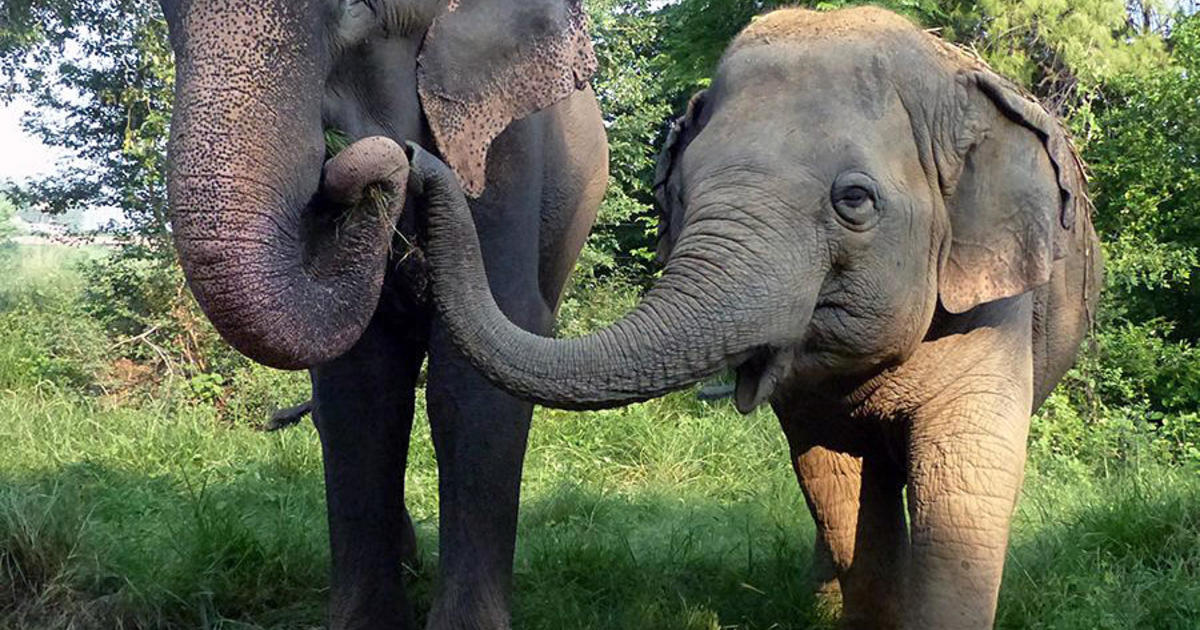 African Elephants Are Evolving To Without Tusks Because Of Poaching For Ivory Cbs News
African Elephants Are Evolving To Without Tusks Because Of Poaching For Ivory Cbs News
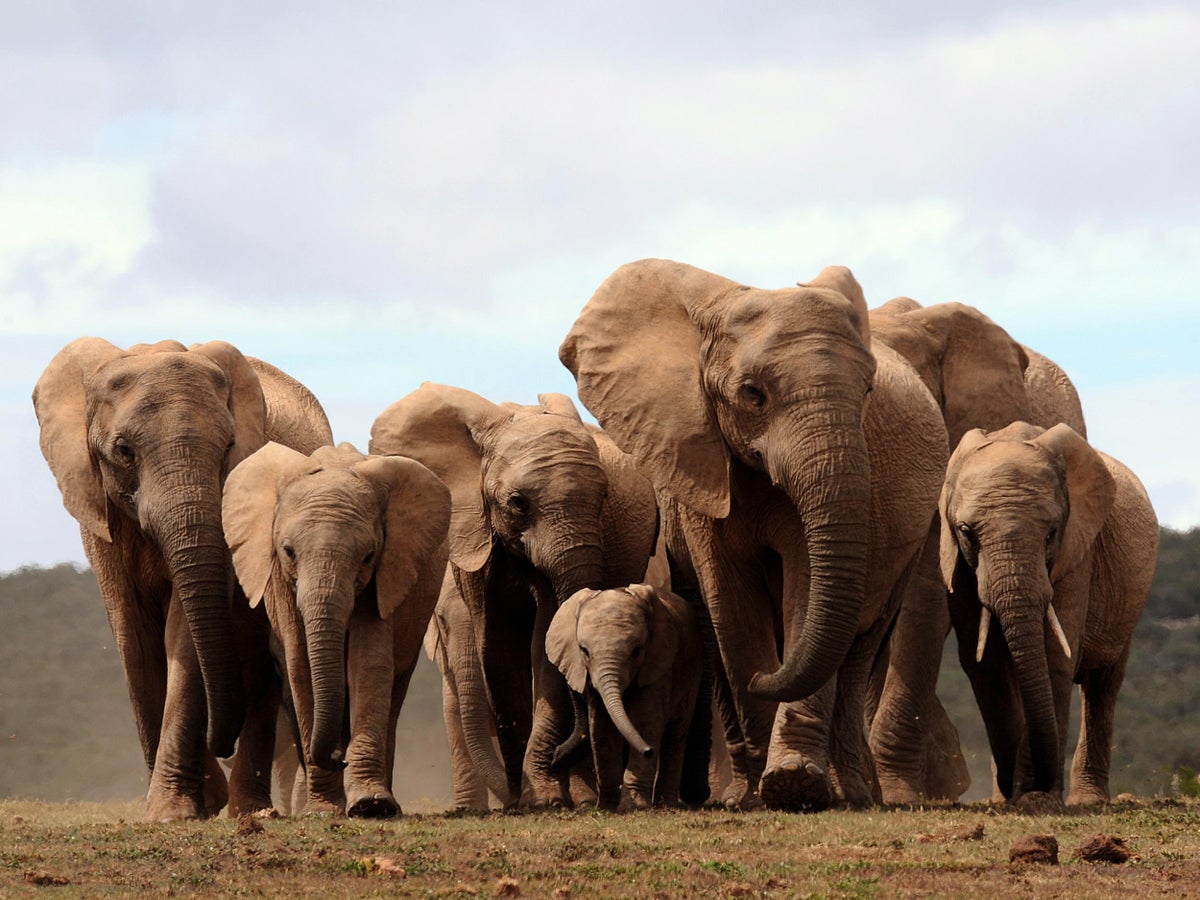 African Elephants Are Being Born Without Tusks Due To Poaching Researchers Say The Independent The Independent
African Elephants Are Being Born Without Tusks Due To Poaching Researchers Say The Independent The Independent
Going Tuskless African Wildlife Foundation
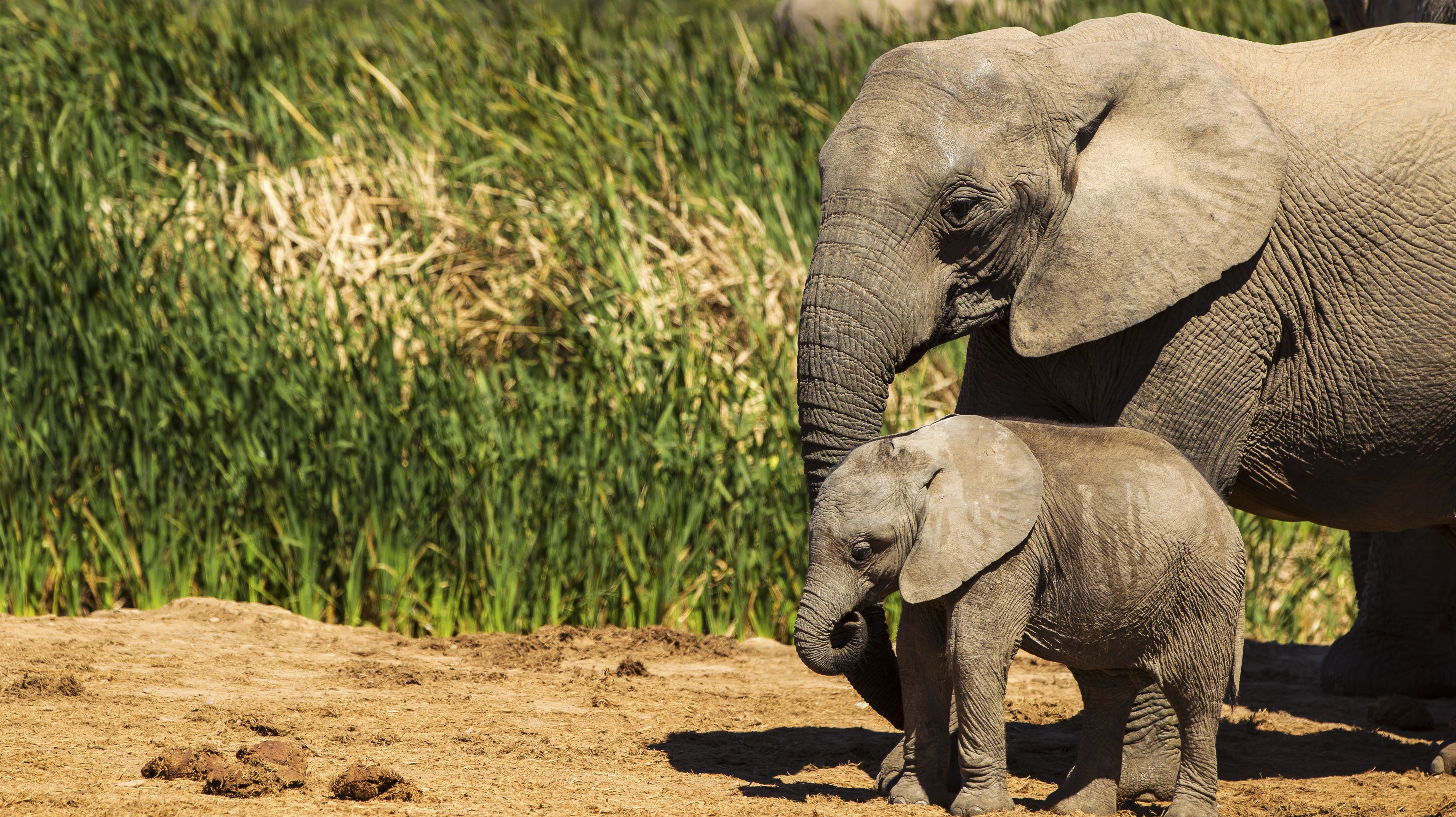 Elephants Are Evolving Without Tusks Thanks To Poaching Mental Floss
Elephants Are Evolving Without Tusks Thanks To Poaching Mental Floss
 To Save Themselves African Elephants Are Losing Their Tusks
To Save Themselves African Elephants Are Losing Their Tusks
 Elephants Are Evolving To Lose Tusks Following Decades Of Ivory Poaching
Elephants Are Evolving To Lose Tusks Following Decades Of Ivory Poaching
 Here S Why Elephants Without Tusks Are In Danger
Here S Why Elephants Without Tusks Are In Danger
 Where Female Elephants Without Tusks Roam And Poachers Stay Away The New York Times
Where Female Elephants Without Tusks Roam And Poachers Stay Away The New York Times
 Adaptation Fights Back Countering Ivory Poachers Elephants Being Born Without Tusks The Ring Of Fire Network
Adaptation Fights Back Countering Ivory Poachers Elephants Being Born Without Tusks The Ring Of Fire Network
 Under Poaching Pressure Elephants Are Evolving To Lose Their Tusks
Under Poaching Pressure Elephants Are Evolving To Lose Their Tusks
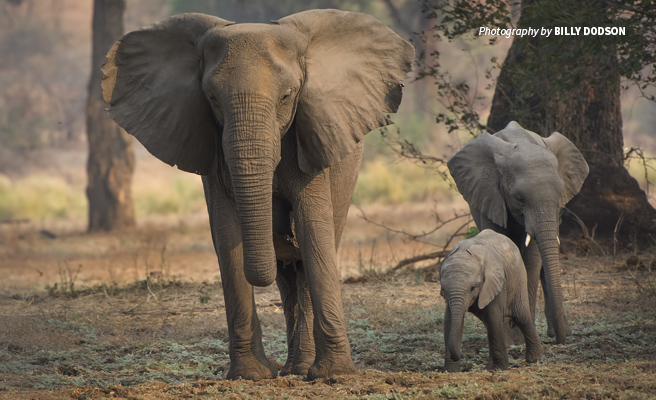 Going Tuskless A Brutal Outcome Of Poaching African Elephants For Their Ivory African Wildlife Foundation
Going Tuskless A Brutal Outcome Of Poaching African Elephants For Their Ivory African Wildlife Foundation
 African Elephants Are Being Born Without Tusks And It S Our Fault One Green Planet
African Elephants Are Being Born Without Tusks And It S Our Fault One Green Planet
 Elephants Are Evolving To Be Tuskless After Decades Of Poaching Pressure Cbc Radio
Elephants Are Evolving To Be Tuskless After Decades Of Poaching Pressure Cbc Radio
Comments
Post a Comment